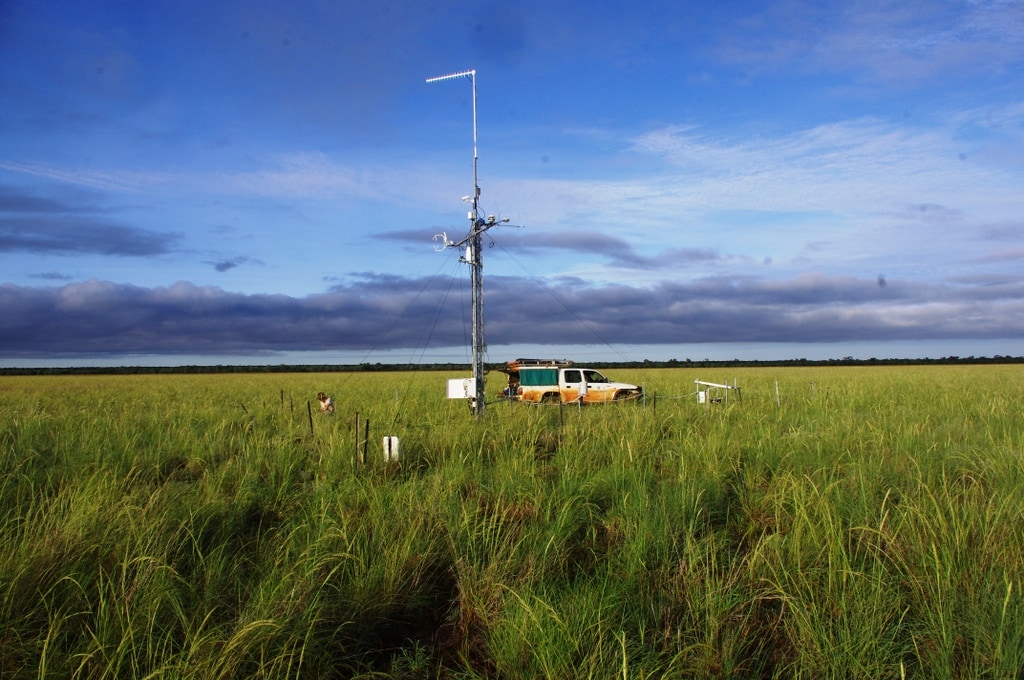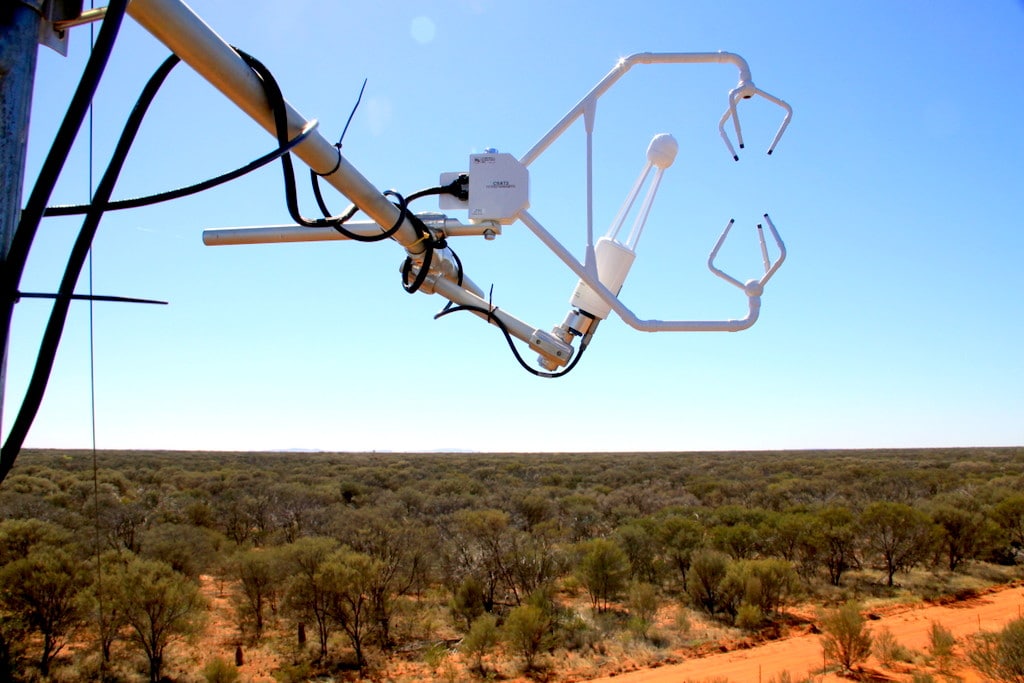University of Queensland Faculty of Science Media Release
A new collaboration is blasting off between NASA and the Terrestrial Ecosystem Research Network (TERN), a University of Queensland centre, dramatically improving climate monitoring.
NASA’s ECOSTRESS (Ecosystem Spaceborne Thermal Radiometer Experiment on Space Station) mission to the International Space Station launches today from Cape Canaveral, providing critical climate data to scientists, helping them have a better understanding of how crops, the biosphere and the global carbon cycle respond to water availability and drought.
Dr Joshua Fisher, Science Lead for the ECOSTRESS mission from NASA’s Jet Propulsion Laboratory (JPL), is thrilled to have access to data collected and made openly available by TERN.
“This is an exciting new data sharing collaboration between NASA and TERN, which will lead to a better understanding of water stress and water use by plants from different biomes, and the implications for agricultural and natural ecosystems,” Dr Fisher said.
“ECOSTRESS will do this by measuring plant temperatures in various locations at different times of day, in a number of locations, using a multispectral thermal infrared radiometer on the International Space Station.”
The temperature images of Earth’s surface from ECOSTRESS will be the most detailed ever acquired from space and will make it possible to measure the temperature of individual farm paddocks.
Meanwhile, in Australia, TERN will be collecting on-the-ground data at sites in a wide range of major Australian biomes, such as Tasmania’s eucalypt forests or Western Australia’s woodlands, which will then be used by NASA to verify the validity of data collected from the mission.
TERN Director Dr Beryl Morris believes this collaboration will be an incredible opportunity for Australian scientists.
“Australian science will directly benefit from this new NASA data, and the University of Queensland as host of TERN, is at the very heart of it,” Dr Morris said.
“UQ is fortunate to play such an important role in ensuring that our most advanced, space-based climate monitoring tools stack up, allowing us to respond to ever-evolving environmental threats, including climate impacts, food security and species loss.”
Media:
TERN: Mark Grant, tern@uq.edu.au, +61 (07) 3365 9097
UQ: Dominic Jarvis, dominic.jarvis@uq.edu.au, +61 413 334 924
NASA’s ECOSTRESS mission (above) will use the environmental data collected by TERN’s nation-wide network of ecosystem observing sites, including TERN’s OzFlux station in the Northern Territory’s Sturt Plains (below) (photo courtesy of Matthew Northwood)








